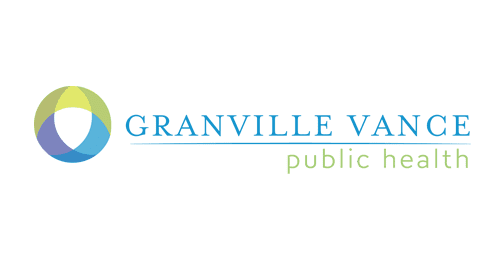Granville County has its first confirmed case of monkeypox, and local health department officials said that they’re waiting for vaccines to arrive, but don’t have any at the moment.
Granville-Vance Public Health Director Lisa Harrison said they were notified Friday afternoon about the case in Granville County, one of 138 cases of monkeypox in the state.
“Although GVPH does not yet have vaccine on site, we have ordered the vaccine and we have a relationship with both Durham and Wake counties who are two of the sites that received monkeypox vaccine in NC in the first few weeks,” Harrison said in a weekly communication statement.
Harrison and her staff have been monitoring COVID-19 updates for the past two years, and recently have had to put monkeypox on their radar screen.
Both counties remain in the “high” community spread category for COVID-19, Harrison noted. Vance County has reported a total of 126 deaths from COVID-19; Granville County has reported 118 deaths.
The BA.5 variant is now most prevalent as indicated by the data dashboard. For the most up-to-date information, visit https://covid19.ncdhhs.gov/dashboard.
The Kaiser Family Foundation website has helpful information on monkeypox. View the FAQ section here.
Below is a bulleted list of statements about monkeypox, who is getting sick and the role of vaccines in curbing spread:
- ALL of the cases in NC so far have been in men ages 18-65
- Transmission happens through skin-to-skin contact, and occasionally contaminated items
- Symptoms include: Lesions on the skin, fever and swollen lymph nodes
- Monkeypox impacts people of all sexual orientations
- Monkeypox has been declared a public health emergency of international concern
- Vaccine supply will continue to increase and we should have some locally soon — the sooner an exposed person gets the vaccine, the better.
- Both smallpox and monkeypox vaccines are effective at protecting people against monkeypox when given before exposure to monkeypox
The Food and Drug Administration (FDA) last week issued an emergency use authorization (EUA) for the Jynneos vaccine to allow health care providers to administer it via intradermal injection for individuals 18 years of age and older. Intradermal injection uses one-fifth the size of dose as subcutaneous injection, allowing the U.S. to stretch the current limited vaccine supply to reach more patients. The updated EUA is based on a 2015 study that showed a smaller dose of the vaccine injected intradermally generated a similar immune response to a larger dose injected below the skin. The EUA also allows for the use of Jynneos vaccine in individuals younger than 18 at high risk of monkeypox infection though via the original subcutaneous injection route.
